STARCH
₹69
Used in Food And Beverage Industry. Most commonly known as corn starch, maize starch is used in Bakery industry, as well as thickening sauces, puddings, and gravies. … Paper Industry. … Textile Industry. … Pharmaceutical Industry. … Drilling starch. … Bioplastics.
Starch is a complex carbohydrate consisting of a large number of glucose units linked together. It serves as a primary storage form of energy in plants, much like glycogen in animals. Here are some key points about starch:
- Chemical Structure: Starch is composed of glucose molecules linked together by glycosidic bonds. It is a polysaccharide, meaning it consists of many sugar units. The two main components of starch are amylose and amylopectin.
- Amylose: This is a linear chain of glucose molecules linked by alpha-1,4-glycosidic bonds. It forms a helical structure.
- Amylopectin: This is a branched chain of glucose molecules with alpha-1,4-glycosidic bonds in the main chain and alpha-1,6-glycosidic bonds at the branch points.
- Sources: Starch is abundant in various plant-based foods. Common sources include potatoes, rice, wheat, corn, and other grains and tubers.
- Digestibility: Humans and many animals have enzymes, such as amylases, that break down starch into simpler sugars like glucose, which can then be absorbed and used as an energy source.
- Food Industry: Starch is widely used in the food industry for various purposes:
- Thickening: It is used to thicken sauces, soups, and gravies.
- Gelling Agent: Starch can be used to gel and solidify certain foods, contributing to the texture of products like puddings and pie fillings.
- Baking: Starch is often used in baking to provide structure and texture to baked goods.
- Non-Food Uses: Starch has applications beyond the food industry:
- Textile Industry: Starch is used in the textile industry for sizing and finishing fabrics.
- Paper Industry: It is used as a bonding agent in papermaking.
- Biodegradable Plastics: Starch can be used in the production of biodegradable plastics.
- Resistant Starch: Some forms of starch, known as resistant starch, are not fully digested in the small intestine. Instead, they pass into the colon, where they can have beneficial effects on gut health.
- Dietary Fiber: In addition to providing energy, starch contributes to dietary fiber intake, especially if it contains a significant amount of amylose, which is resistant to digestion.
Additional information
| Weight | 1 kg |
|---|

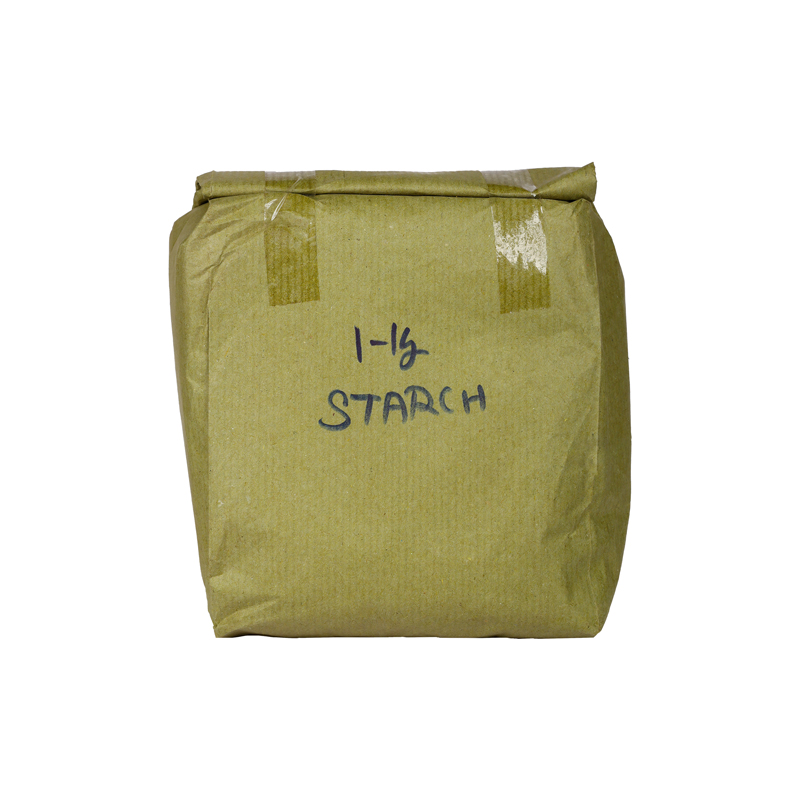
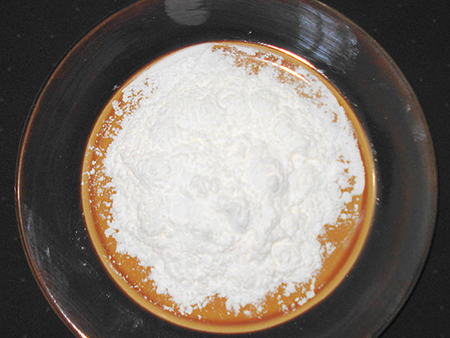
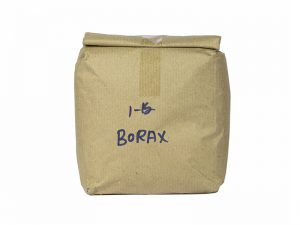
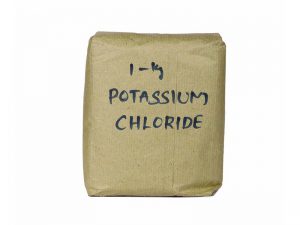
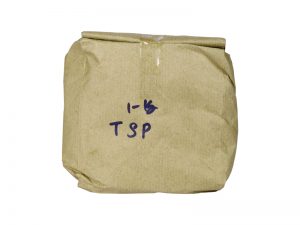





Reviews
There are no reviews yet.